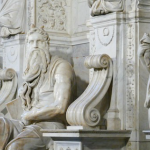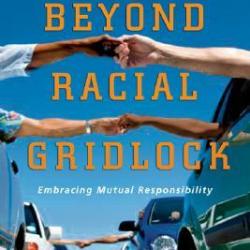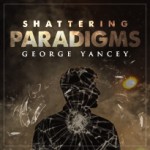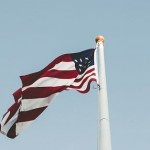When an academic attempts to land a job at a religiously based college or university, then he or she may run into a question that normally would be taboo to ask. That question is about his or her religious beliefs and practices. As a Christian academic who has interviewed at Christian schools, it does not surprise me to be asked about my religious beliefs or if I will attend church at a job interview. But I appreciate that this is part of the mission at the religious school, and if I were to obtain a position there, that I would have to abide by those sorts of expectations.
But my understanding of the unique challenges of a Christian school does not mean that I cannot see the downsides of this as well. While in theory one’s sociological ideas are not tied to one’s theological perspective, the reality is that our personal worldview is going to shape the scientific paradigms we use in our work. In other words, it is realistic to wonder if by hindering non-believers from joining the academic community within a college or university if one is also limiting the potential of that community to do real research. The scientific method requires disinterestness in the results, and having a theological bias among researchers may threaten that assumption within Christian colleges and universities.
This issue has not gone unnoticed. Indeed a few years ago one scholar argued that perhaps we should not allow religious schools to have accreditation since they are not open to scholars who do not subscribe to the religious creed of the school. While there is not yet a widespread movement to support this idea, I have heard academics dismiss religious schools because of their theological exclusiveness. I have no doubt that some of the graduates from such schools suffer from this loss of reputation.
But my experience is that it is not merely religious schools that may have ideological insularity. A while back I wrote about education dogma. I outlined several political positions that were taken as true and where oppositional opinion was not allowed. In many ways academics treated contrary arguments to the tenets of education dogma as heresy. It is not unlike the resistance of many religious individuals to challenges to their faith.
Christian schools may not tolerate theological questions, but if non-Christian schools do not tolerate political questions, then are Christian schools really any guiltier of violating the scientific ideal of disinterestness? Well the big word in that statement is “if.” My experiences of observing education dogma does not serve as sufficient evidence that we have a problem on non-sectarian campuses. So we need data to fully assess this possibility.
And that is what I and my co-authors (Laurel Shaler and Jerald Walz) found in our newest book. We looked at the evidence concerning political tolerance using five different sets of data. We used information from a survey of academics, records of political contributions by college, an assessment of political science textbooks, some of my old work on academic bias, and FIRE‘s list of campus disinvitations.
What we found was fairly consistent with the notion that non-sectarian colleges and universities have less political tolerance than conservative Protestant colleges and universities. No single data set is convincing all by itself. But together they certainly suggests that while religious schools weed out ideas and individuals with a theological focus, that non-religious schools do the same thing with a political focus.
If we are to believe, as I do, that having theological agreement among researchers may inhibit their ability to make certain scientific discoveries, then should we also not believe the same about political agreement? In fact, I would argue that political agreement produces a greater danger of ideological conformity in scholarly research. Except in religion and philosophical departments, neither of which would be considered a science, we rarely directly test theological propositions. However, work in most of the social sciences have some political implications. Thus it is more likely for scholarly work to be directly impacted by political bias than theological bias.
My point is not that we should overlook bias in a religious setting. My point is that bias is not limited to religious settings. Indeed, the propensity of some academics towards overconfidence in their own objectivity can lead to real problems in their conduction of research. A healthy skepticism of all research, no matter if that work is shaped by a religious or political bias, is the proper stance that scholars should take.












